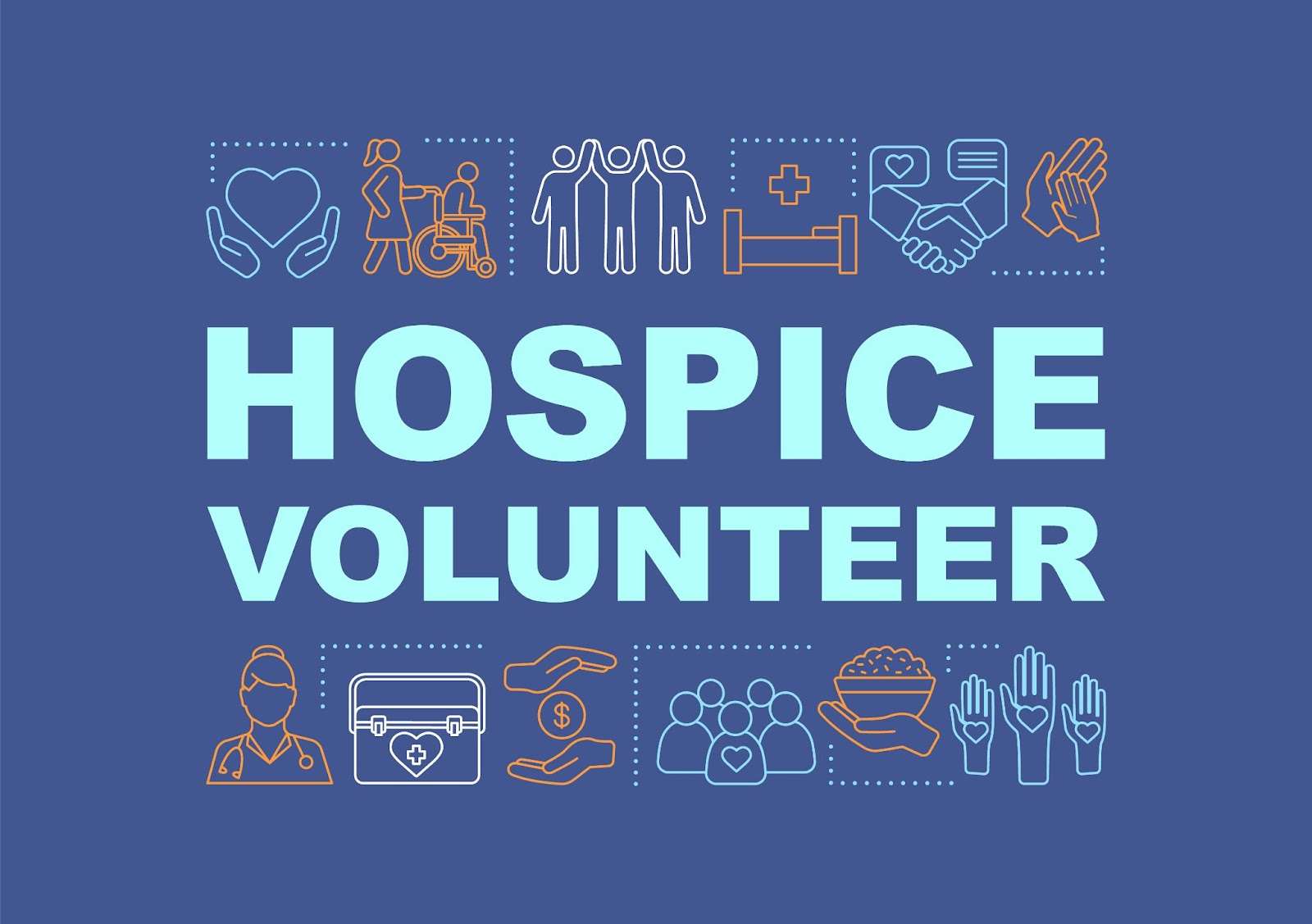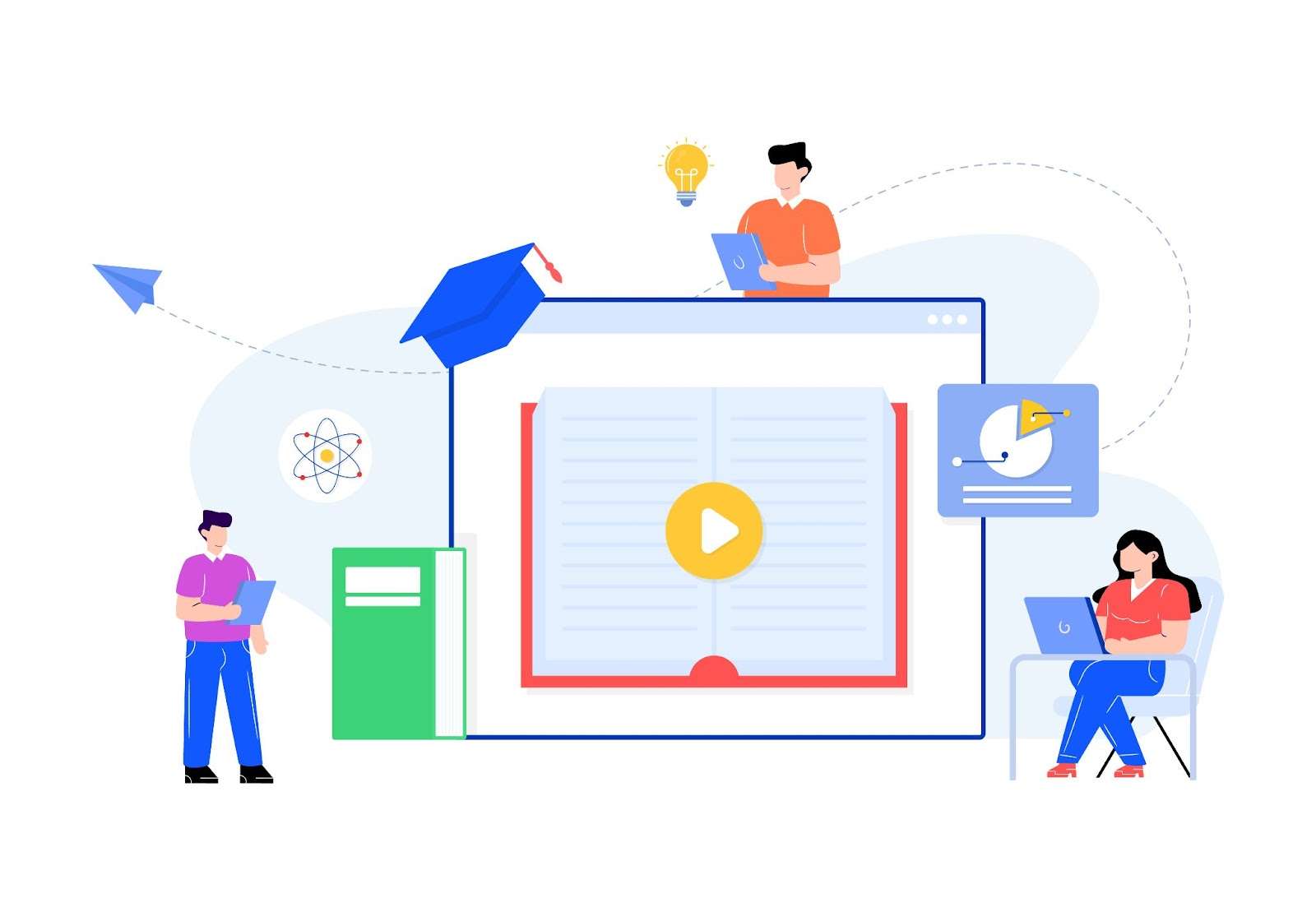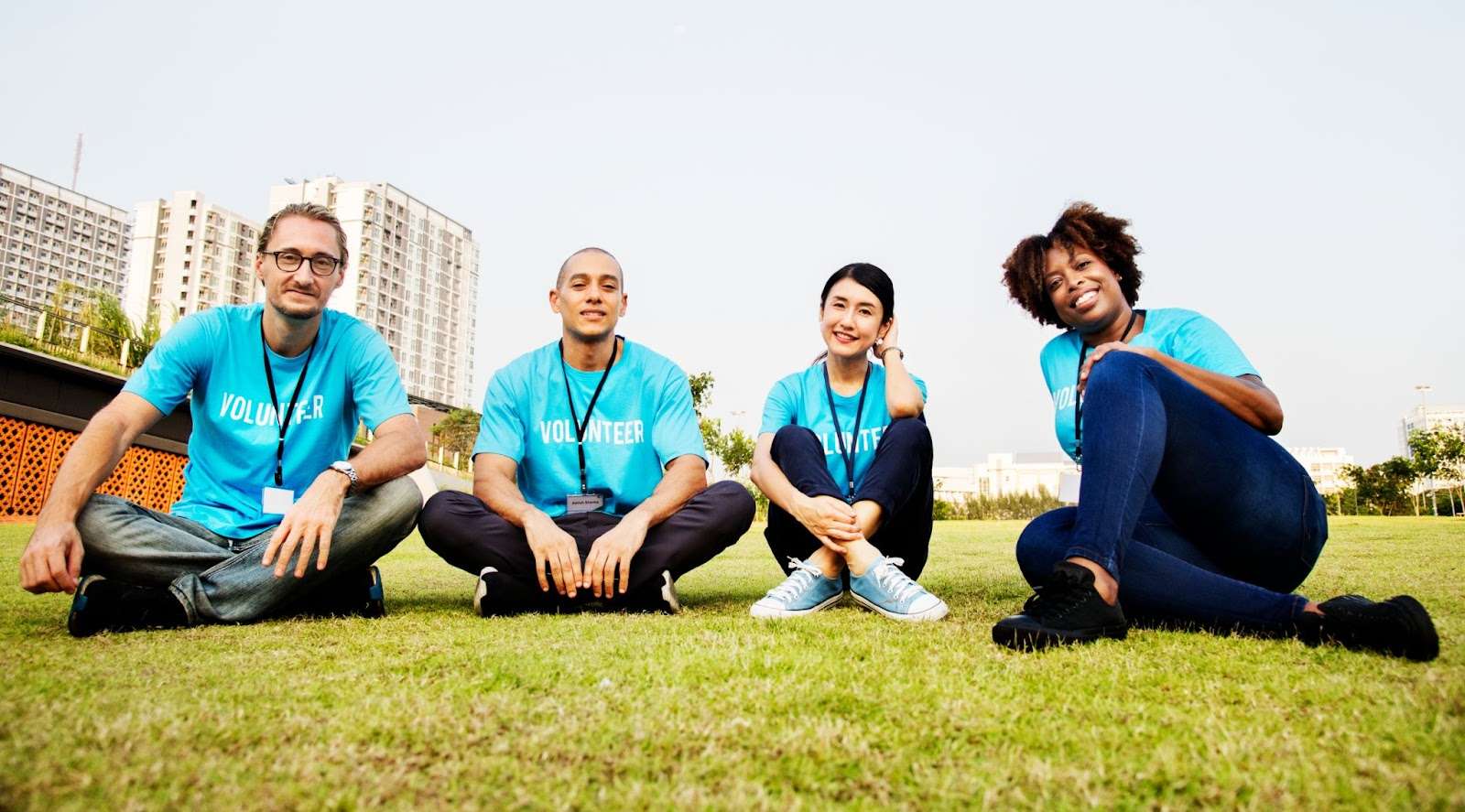Hospice Volunteer Training Program: Key Do’s and Don’ts
Training and education are crucial elements of any hospice volunteer program training. They are the foundation for guaranteeing that volunteers are adequately equipped to deliver empathetic and top-tier care to patients and their families.
Key takeaways:
- Hospice volunteer training is crucial for providing quality care to patients and their families, and it should be tailored to specific volunteer roles.
- Effective hospice volunteer training should utilize different learning modalities, provide sufficient time and resources, and foster a culture of learning and continuous improvement.
- Hospice organizations should avoid relying solely on online training, using generic training materials, rushing through training, and neglecting ongoing support and supervision.
As a hospice agency manager or owner, it’s crucial to have an effective volunteer training program. Often, mistakes in developing these programs can result in poor volunteer performance.
Careful planning can prevent these errors, enhancing your hospice volunteer training. This article provides dos and don’ts for creating or refining effective training based on our extensive experience in the hospice sector.

Hospice Volunteer Training Program Do’s
Do Review Hospice Volunteer Requirements and Define Clear Goals
Before mapping out your program goals, take a moment and review what hospice volunteers can and can’t do while volunteering. Check out ACHC’s easy-to-digest guide before moving on.
When designing a hospice volunteer training program, it’s important to establish goals and objectives to equip volunteers with the skills, knowledge, and attitudes necessary to provide compassionate and effective care to patients and their loved ones. Here are some examples of these goals:
Volunteers should be familiar with the philosophy and goals of hospice care. This includes understanding the principles of hospice care and recognizing the importance of compassionate end-of-life care.
Volunteers should be trained in communication skills sensitive to the unique needs of hospice patients and their families. This includes active listening, empathizing, and respecting cultural differences.

CONTINUA LEARNING
Simplify Your Hospice Team’s Training and Skill Building
A complete solution for your agency: more than 125 hospice courses, caregiver in-services, training plans, and more.
Volunteers should develop a deep understanding of patients’ physical, emotional, and spiritual needs. They should train to recognize and respond to these needs by providing holistic care that addresses each patient’s unique situation.
Volunteers should understand the roles and responsibilities of hospice volunteers. This includes training in specific tasks such as providing emotional support, spiritual support, helping with daily activities, and giving respite to caregivers, nurses and hospice chaplains.
Volunteers must recognize safety protocols and ethical considerations for hospice care. Volunteers should train to follow confidentiality guidelines and infection control measures.

Ongoing support & education are essential for any excellent hospice volunteer training program. The program should provide ongoing support & education so that volunteers can continue developing their skills & knowledge while staying up-to-date with new developments in hospice care.
In summary, hospice volunteer training should have well-defined goals, equipping volunteers with essential skills and knowledge for end-of-life care and offering continuous support and education. Utilize SMART criteria to outline your agency’s specific training objectives.

Do Identify Core Competencies and Skills
Next, your volunteer coordinator should identify core competencies and skills in potential hospice volunteers effectively. Several strategies can be employed. Let’s take a look at some.
Conduct a comprehensive skills assessment: This can help ascertain a volunteer’s level of competency in key areas such as communication, problem-solving, and empathy.
Review prior experience: Identify all relevant skills applicable to hospice care. For instance, individuals with previous experience in healthcare, social work, or caregiving may possess transferable skills that can prove invaluable in a hospice setting.
Evaluate personality traits: This is an important consideration when assessing the suitability of potential volunteers. Characteristics such as patience, compassion, and resilience indicate an individual’s ability to provide quality hospice care and should be considered during the selection process.
Conduct interviews and background checks: Conduct interviews with potential volunteers to gain insight into their motivations and attitudes toward end-of-life care.
Request references: Another approach is requesting references from past experiences, which can provide valuable information about a potential volunteer’s skills and abilities.
Provide shadowing opportunities: Additionally, shadowing opportunities for potential hospice volunteers can give them a firsthand understanding of the skills and competencies required for the role.
By identifying potential hospice volunteers’ core competencies and skills, organizations can ensure that they have the necessary abilities to provide quality care to patients and their loved ones.

Do Put Together Hospice Volunteer Training Requirements Training Plans
CMS’s conditions of participation state that your agency must “maintain, document, and provide volunteer orientation and training that is consistent with hospice industry standards.” Hospice care encompasses different volunteer roles, such as:
- Patient support
- Family respite support
- Bereavement support groups
- Administrative work
- Fundraising
- Special events or skills
Thus, a one-size-fits-all approach to training isn’t 100% possible. However, there are several subjects that all volunteers should be provided training on, regardless of their specific role. In many respects, the training shares similarities with your non-volunteer hospice staff. At Continua Learning, we created a five-part series that prepares new volunteers for their roles:
- Hospice Patient and Family Volunteer Training: Part 1 Hospice History, Philosophy, and Services
- Hospice Patient and Family Volunteer Training: Part 2 Understanding Dying, Death, Loss and Grief
- Hospice Patient and Family Volunteer Training: Part 3 Understanding Families — Family Systems and Dynamics
- Hospice Patient and Family Volunteer Training: Part 4 Communication, Listening and Honoring Diversity
- Hospice Patient and Family Volunteer Training: Part 5 Volunteer Roles, Responsibilities, and Caring for Yourself
We also encourage agencies to provide training on Patient Rights, HIPAA, and Self-Care. CMS does not have a set number of hours volunteers should train; however, accrediting bodies do. Be sure to check your particular requirements.

Do Provide a Blended Training Experience
Now that your goals and training plan are established, your volunteer managers should focus on how you’ll deliver the training. We’re big believers in the effectiveness and convenience of online hospice training, and believe it should be part of your hospice software tool kit. However, you’ll want to provide your new volunteers with an online training program as well as in-person training for the best experience.
Some volunteers learn better through hands-on training, while others prefer to train online. Incorporating a mix of modalities, such as group discussions, role-playing (such as working with a patient’s family members and hospice nurses), eLearning, webinars, and written materials, will help ensure that all volunteers receive the training they need to perform their roles effectively.
If you’re new to online hospice training and want to learn more about it, check out our article on how to create a hospice training program.
Do Provide Sufficient Time and Resources for Training
Allocating resources and time for volunteer preparation is crucial. A flexible training program, accommodating diverse schedules is vital. Hospice organizations must ensure proper volunteer training by providing resources like equipment, team support, and materials.

Do Foster a Culture of Learning and Continuous Improvement
Organizations must cultivate a culture of learning and continuous improvement to ensure the highest quality of hospice care. By encouraging hospice volunteers to pursue ongoing professional development opportunities such as attending workshops, conferences, and other training events, hospice providers can foster an environment where volunteers stay informed about the latest developments in their field.
Hospice Volunteer Training Program Don’ts
Don’t Only Use Stock Hospice Training For Volunteers
Stock training libraries that course vendors offer will only adequately address some of your agency’s unique challenges and requirements. Developing training materials tailored to your hospice organization’s specific needs is crucial. You might want to use your own hospice volunteer competency test. You’ll want to turn your volunteer training into online learning.
At Continua Learning, we understand how important this is and offer a custom course-building service for our clients. Agencies send us their unique hospice volunteer training material, and we have our team of expert instructional designers convert it into mobile-ready eLearning. Now that’s a blended learning experience!
Don’t Rush Through Training or Critical Hospice Volunteer Training Programs
To achieve this, hospice organizations should:
- Design well-structured training programs
- Avoid rushing or skipping important content
- Allocate sufficient time for volunteers to absorb and apply new information
- Offer opportunities for practice and reinforcement of skills and knowledge
By adhering to these principles, volunteers will be better equipped to provide compassionate care to patients in need.

Don’t Neglect Ongoing Support and Supervision
Hospice organizations should recognize the importance of ongoing training for volunteers. This involves:
- Understanding that training is not a one-time event
- Providing continuous support and supervision
- Offering mentorship opportunities
- Giving regular feedback
- Conducting performance evaluations
By implementing these strategies, hospice organizations can help volunteers constantly improve their skills and knowledge. This in turn leads to quality care for patients, as they receive support from skilled and knowledgeable volunteers who are dedicated to their growth and improvement.
Don’t Skip Getting Program Feedback from Your Volunteers
For hospice organizations, it’s essential to evaluate the effectiveness of their training program. Be sure to gather feedback and evaluations from your volunteers. This enables you to identify areas that need improvement and ensure that the training program meets the expectations of the volunteers.

Don’t Skip Tracking Retention and Turnover Rates
Your volunteer training program’s effectiveness can be measured using retention and turnover rates. A high retention rate suggests that volunteers are content with your agency’s culture and the training they’ve received, making them more likely to stay for a long time.
On the other hand, a high turnover rate may indicate that volunteers need more preparation or support, which means it’s time to reexamine your training and support programs. By monitoring these metrics, hospice organizations can better understand how their training programs impact volunteer satisfaction.
Conclusion
For your hospice agency, an effective volunteer program is crucial to providing quality care for patients and their families. To ensure this, you should have clear goals, identify core competencies and skills, customize training for different volunteer roles, use various training methods, allow enough time and resources, and foster a culture that promotes ongoing improvement. Your volunteer training program should be as rock solid as your compliance or hospice billing programs, for example.
We hope you enjoyed this article. We’d love to chat with you about your hospice volunteer training program.
FAQs
What Does a Hospice Volunteer Do?
Hospice volunteers play a crucial role in supporting hospice care teams and patients. They offer patients and their families emotional support, companionship, and practical help. Volunteers might assist with daily tasks, provide respite for caregivers, or offer specialized services based on their skills. They are trained to be sensitive to the needs of patients and families during this challenging time.
How long should a hospice volunteer training program be?
The length of a hospice volunteer training program may vary depending on the organization’s needs and the specific volunteer roles. However, it is essential to provide volunteers with sufficient time to develop the necessary skills and knowledge to provide quality care.
Can hospice volunteers receive continuing education credits for their training?
Yes, many hospice training providers will offer CEUs for volunteers.
Can hospice organizations use outside trainers to provide volunteer training?
Yes, hospice organizations may use outside trainers or consultants to provide volunteer training. However, ensuring that the training aligns with the organization’s goals and values and that the trainers have experience and expertise in hospice care is essential.
How often should hospice volunteers receive ongoing support and supervision?
Ongoing support and supervision should be provided regularly, depending on the organization’s policies and the specific volunteer roles. Volunteers may benefit from regular check-ins, mentorship, feedback, and performance evaluations.
What is the most critical aspect of a successful hospice volunteer training program?
The most critical aspect of a successful hospice volunteer training program is ensuring that volunteers receive the necessary skills and knowledge to provide compassionate and holistic care to patients and their families. This includes understanding the unique challenges of hospice care, the roles and responsibilities of volunteers, and the necessary skills and competencies.
How do I volunteer for local hospice care?
Search for local hospice agencies and inquire about their volunteer programs. Explore nearby hospitals, nursing homes, and community organizations for opportunities. Hospice agencies usually provide volunteer training, covering care, patient privacy, and safety. Volunteering in hospice care is fulfilling, significantly benefiting patients and families.
What is volunteer palliative care?
Volunteer palliative care consists of empathetic individuals providing support to patients and families during terminal illnesses. They selflessly offer emotional support, companionship, respite care, and daily task assistance. Collaborating with healthcare professionals, they contribute to comprehensive end-of-life care. This indispensable aspect of hospice care greatly improves patients’ and families’ quality of life.
Why is volunteering important to hospice?
Individuals who volunteer in palliative care compassionately support patients and their loved ones during the final stages of life-limiting illnesses. These dedicated volunteers extend a variety of services such as emotional backing, companionship, temporary relief for caregivers, and assistance with everyday chores. In partnership with the hospice care team, they participate in delivering holistic care throughout the end-of-life journey.

